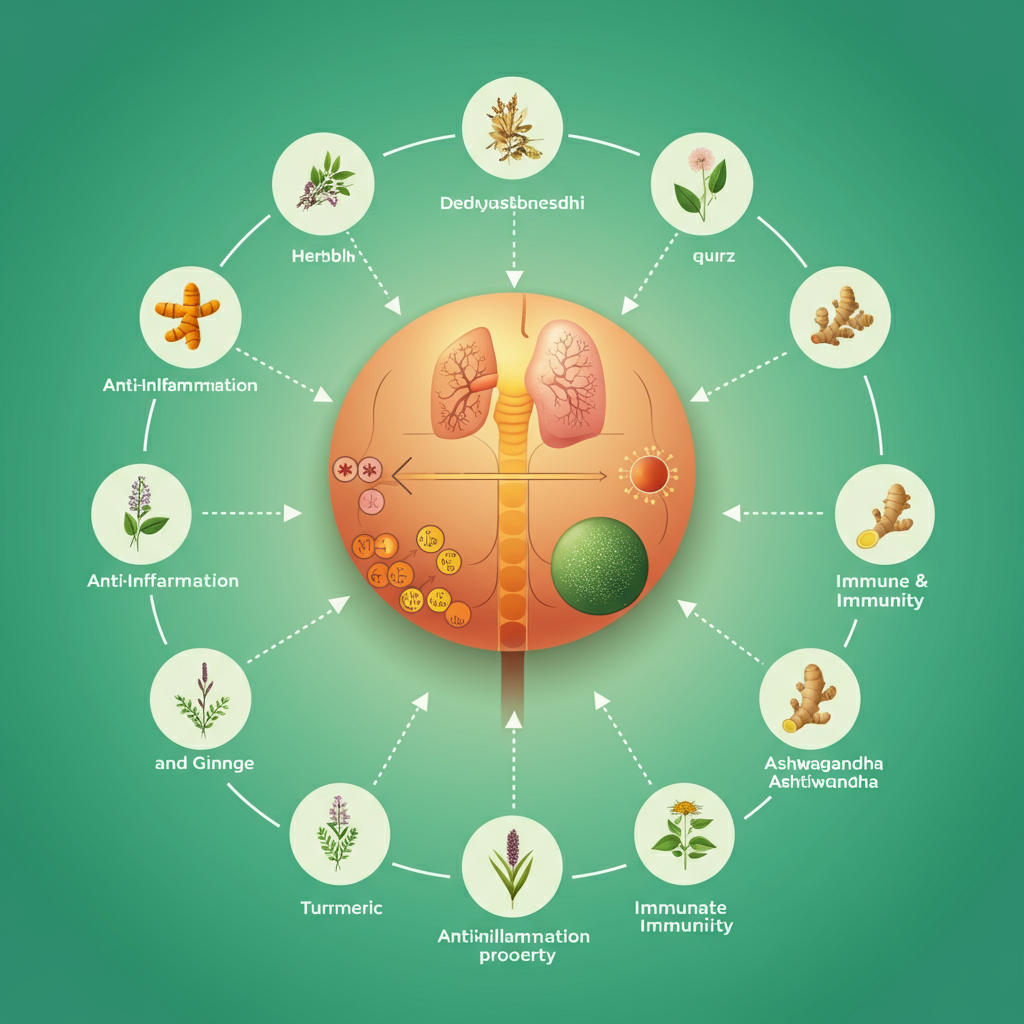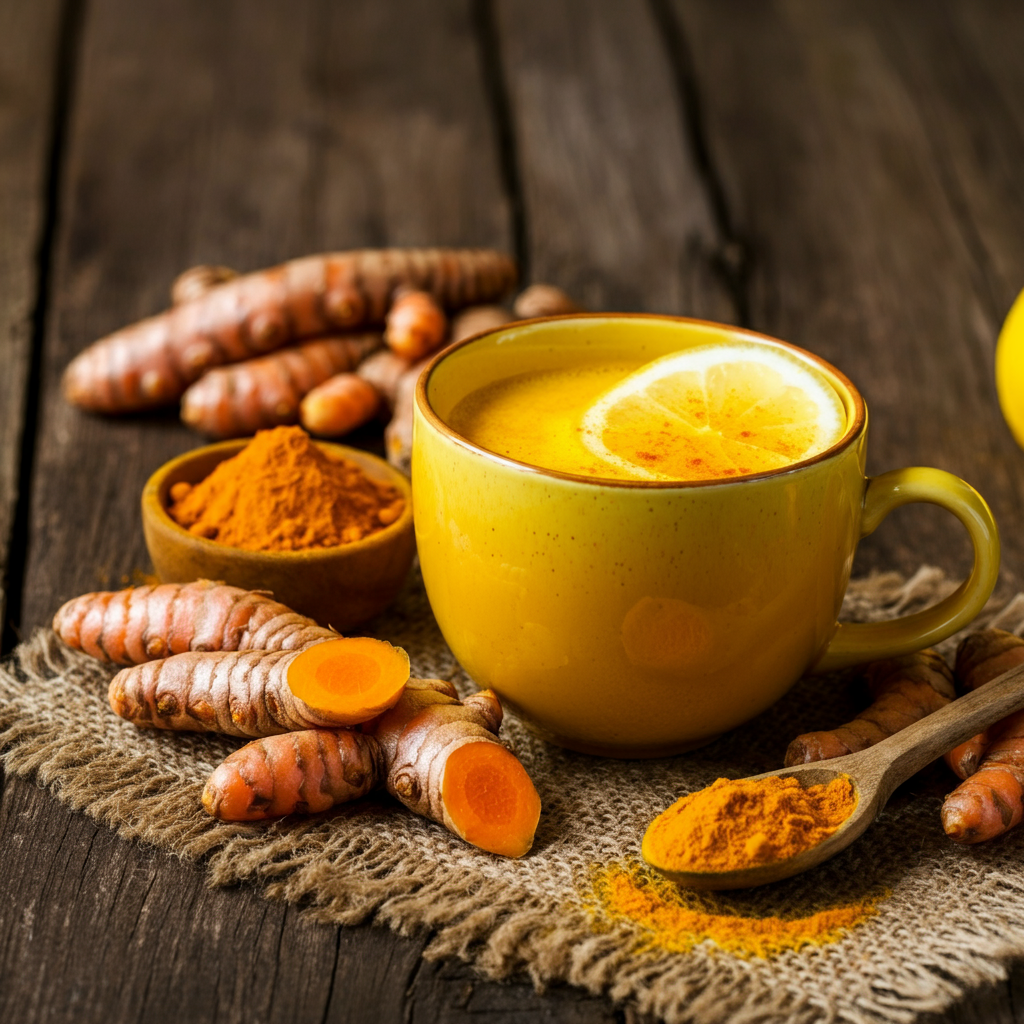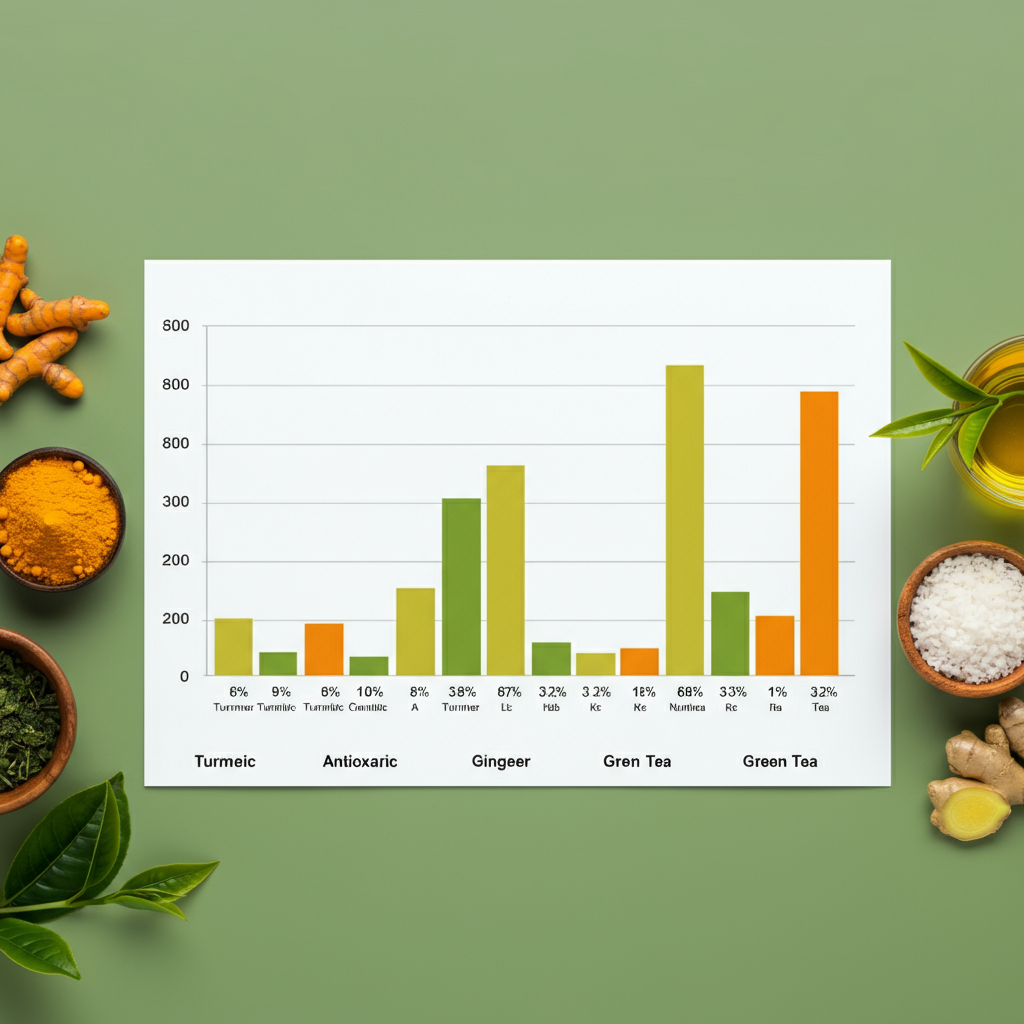Autoimmune diseases bring unique challenges, with symptoms like chronic inflammation, fatigue, and pain often making daily life difficult. While conventional treatments remain essential, many people are seeking alternative ways to manage these conditions. That’s where autoimmune disease herbal remedies come into focus. Natural options like turmeric, ginger, and ashwagandha are gaining attention for their potential to reduce inflammation and support immune health. By integrating autoimmune disease herbal remedies into a comprehensive care routine, individuals may find relief and balance in a more holistic way.
Autoimmune diseases can be a challenging and lifelong battle. These conditions, which include rheumatoid arthritis, lupus, and multiple sclerosis, occur when the immune system mistakenly attacks the body’s own cells. Symptoms like chronic inflammation, pain, and fatigue can significantly affect daily life. While conventional treatments like medications and therapies are essential, many people are exploring complementary approaches to better manage their autoimmune conditions. One of these approaches involves herbal remedies.
If you’re curious about how herbal remedies might support your health, you’re in the right place. This post will explore the potential benefits of herbs, their role in managing autoimmune diseases, and essential safety tips to keep in mind. If you want to explore the essentials of natural inflammation management, we’ve got you covered too! Discover the benefits of autoimmune disease herbal remedies like turmeric and ginger, and learn how they support natural healing and inflammation relief.
Understanding Herbal Remedies and Their Role in Autoimmune Conditions
Herbal remedies have been used for centuries across various cultures to improve health and manage illnesses. These plant-based therapies often contain bioactive compounds that may reduce inflammation, modulate the immune response, and support overall wellness. For individuals with autoimmune diseases, certain herbs may offer natural relief alongside traditional medical treatments.
How Can Herbal Remedies Help?
Autoimmune diseases are often associated with chronic inflammation and an overactive immune system. Herbs with anti-inflammatory, antioxidant, or immune-modulating properties can potentially help address these underlying issues. For example:
- Anti-inflammatory effects: Some herbs help reduce inflammation, which is a common trigger for pain and tissue damage in autoimmune conditions.
- Immune system support: Certain herbs act as adaptogens, balancing an overactive immune system without suppressing its ability to fight infections.
While herbal remedies show promise, they should be viewed as a complementary option, not a stand-alone cure. Always consult a healthcare professional before making significant changes to your treatment plan.

Top Herbal Remedies for Autoimmune Diseases
Here are some of the most researched and commonly used herbs for managing autoimmune diseases, along with their potential benefits:
1. Turmeric (Curcuma longa)
- Why it helps: The active compound in turmeric, curcumin, has powerful anti-inflammatory and antioxidant properties.
- Benefits: Turmeric supplementation has been clinically shown to reduce joint pain and stiffness, particularly in rheumatoid arthritis. Adding turmeric to your diet or seeking curcumin extracts may support inflammation management.

2. Ashwagandha (Withania somnifera)
- Why it helps: Ashwagandha is an adaptogen, meaning it helps the body manage stress. Chronic stress can worsen autoimmune symptoms.
- Benefits: This herb may improve energy levels, support the immune system, and reduce inflammation, particularly in conditions like lupus and arthritis.
3. Ginger (Zingiber officinale)
- Why it helps: Ginger is naturally anti-inflammatory and packed with antioxidants.
- Benefits: It may ease joint pain, digestive problems, and inflammation, making it an excellent choice for autoimmune conditions involving the joints or gut.

4. Green Tea (Camellia sinensis)
- Why it helps: Green tea is rich in epigallocatechin gallate (EGCG), a compound with anti-inflammatory and immune-modulating effects.
- Benefits: Regular green tea consumption has been shown to reduce inflammation markers and flare-ups in conditions like lupus and multiple sclerosis.
Safety Considerations for Using Herbal Remedies
While herbal remedies are generally considered safe and well-tolerated, it’s essential to keep a few precautions in mind:
- Consult your healthcare provider: As mentioned earlier, always consult with your doctor before adding any new supplement or treatment to your routine. They can help you assess potential interactions with medications and ensure the product is right for you.
- Source quality products: Make sure to purchase herbs from reputable brands that follow Good Manufacturing Practices (GMP) and have independent testing for purity and quality.
- Follow recommended dosages: Respect the dosage recommendations on product labels and avoid taking more than necessary. Additionally, if you’re pregnant or breastfeeding, discuss any potential risks with your healthcare provider before using herbal supplements.
Building Your Herbal Immune Support Plan
While herbal remedies may not be able to cure autoimmune diseases, they can potentially help manage symptoms and improve overall well-being. With the guidance of a healthcare professional, incorporating herbs into your treatment plan can be an effective way to support your body’s natural healing mechanisms. Remember to do your research, source quality products, and follow safety precautions for optimal results.
| Key Point | Details | Actionable Advice |
|---|---|---|
| Combining Conventional and Herbal Treatments | A balanced approach can improve symptom management and overall well-being in autoimmune conditions. | Discuss treatment plans with your healthcare provider to combine the benefits of both methods safely. |
| Benefits of Herbal Remedies | Herbs like turmeric, ginger, and ashwagandha provide anti-inflammatory and immune-modulating effects. | Incorporate herbal options like turmeric tea or ginger supplements into your routine for added support. |
| Importance of Professional Guidance | Consulting with healthcare providers helps avoid interactions with existing treatments. | Share your plans to use herbal remedies with your doctor for tailored advice and monitoring. |
| Lifestyle Enhancements | Small changes, such as drinking herbal teas or making dietary adjustments, can have long-term benefits. | Start with manageable lifestyle changes and track progress to complement your medical treatment. |
| Empowering Natural Options | Exploring herbal remedies empowers individuals to take active steps in managing health holistically. | Research safe and effective herbal options and integrate them gradually into your wellness routine. |
Conclusion
In conclusion, herbal remedies can play a valuable role in managing autoimmune diseases by reducing inflammation, supporting the immune system, and promoting overall wellness. From turmeric to green tea, there are various herbs with potential benefits for these conditions. However, it’s crucial to consult with a healthcare provider before starting any herbal supplement and follow recommended dosages for optimal results. By incorporating herbs into your treatment plan alongside conventional treatments, you may find natural relief and improved quality of life. Remember to prioritize safety and always seek guidance from a medical professional when making significant changes to your health regimen.







Leave a Reply